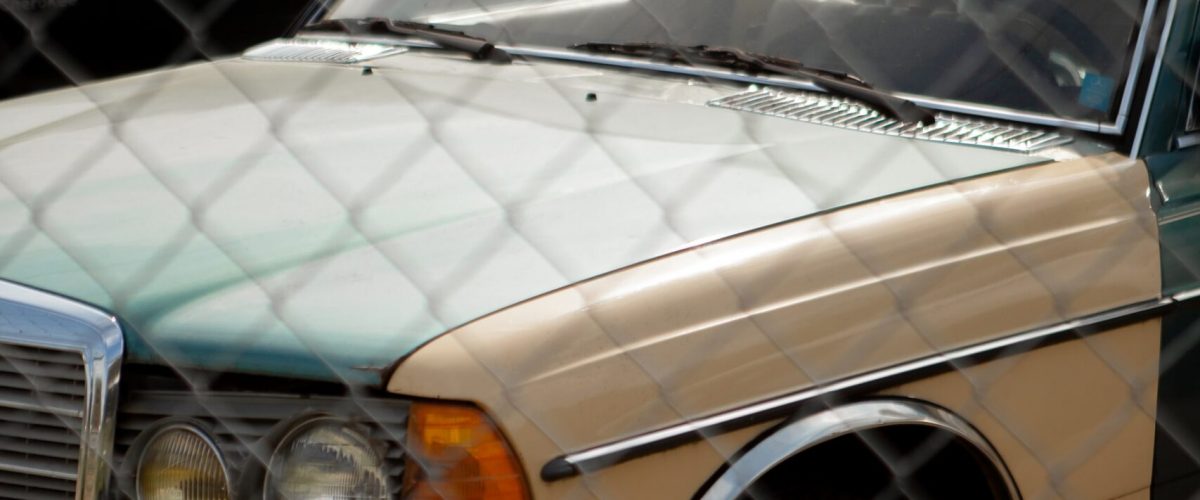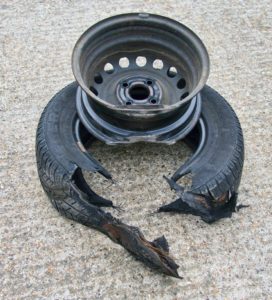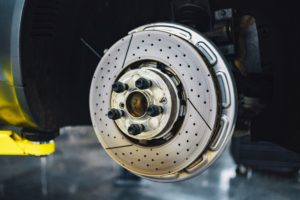For many South Africans, buying a car means freedom but many vehicles, which have been written off re ‘repaired’ and sold to unsuspecting people. Richard Green, National Director of SAMBRA weighs in on this illegal practice
Buying a second-hand car can be an exciting purchase and a good economical decision provided there are no surprises. Typically, the reliability of a second-hand car is at the forefront of most buyers’ minds. Meanwhile, to others, the fear of purchasing a vehicle that was previously involved in a serious accident could be that deal-breaker.
Cars that have been severely damaged are often repaired and end up back on the road, but the quality of the repair job and the severity of the damage play a huge part in ensuring the safety and roadworthiness of a vehicle.
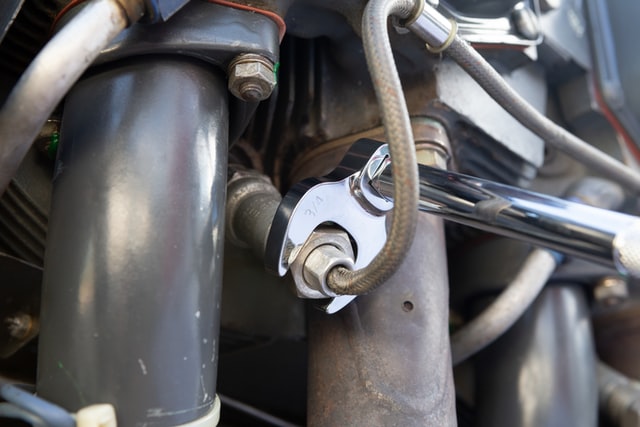
There is no way of checking if a car has been written off previously in an accident
– Richard Green, National Director of the South African Motor Body Repairers’ Association (SAMBRA)
Richard Green, National Director of the South African Motor Body Repairers’ Association (SAMBRA), an association of the Retail Motor Industry Organisation (RMI) says the problem in South Africa is that there is no way of checking if a car has been written off previously in an accident making it difficult for consumers to access if the showroom-condition car they bought is exactly what it claims to be.
Green share a story of a customer who brought in a two-year-old Nissan into a SAMBRA Repair Shop in Bela Bela. With just 28 267km on the clock, the owner had no idea her vehicle had been in an accident previously and had been so poorly repaired that it was structurally unsafe.
“The front body bumper absorber, which is a structural and stabilizing component in most cars, (and this case forms part of the front cradle panel), had been heated or welded together so poorly that the metal strength had been compromised. This had resulted in rust developing in the panel – a sign of early metal fatigue. As it forms part of the crumple zone of a vehicle, the panel should have been replaced with a new part,” Green said.
There were numerous many other serious repair faults on the car too, but the consumer in question had no way of checking the history of the car. “Not only does this have serious legal and cost ramifications, but it talks to the safety of motorists and a growing pool of un-roadworthy and perhaps even stolen vehicles on our roads,” says Green.
If the South African Insurance Association would agree to make write-off information available buyers would be better informed
RICHARD GREEN, NATIONAL DIRECTOR OF THE SOUTH AFRICAN MOTOR BODY REPAIRERS’ ASSOCIATION (SAMBRA)
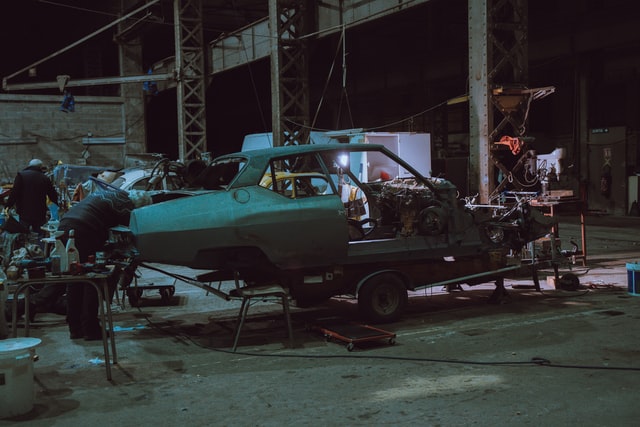
“If the South African Insurance Association (SAIA) would agree to make write-off information available on a public register where the VIN of a vehicle could be checked; buyers would be better informed before making a decision to purchase a used car.
Currently, write-off information is routinely forwarded to SAIA from all insurance companies. SAIA then creates a Vehicle Salvage Data (VSD) system which contains information on salvage vehicles. These are vehicles that have been deregistered by the respective insurers and thus declared salvage after policyholders have been indemnified of their motor claims. A vehicle is considered salvage by the insurance industry if it is written-off following, for instance, a motor accident.

By not making the information publicly available, SAIA is enabling the very two things they claim to be attempting to avoid.
– RICHARD GREEN, NATIONAL DIRECTOR OF THE SOUTH AFRICAN MOTOR BODY REPAIRERS’ ASSOCIATION (SAMBRA)
SAIA however, argues that making the database public, would not only be unlawful, but would allow criminals to have access to the entire motoring insurance industry database of scrapped vehicle VINs, leading to a dramatic increase in false financing and insurance of cloned vehicles.
The reality however, is that “uneconomical to repair” cars continue to be bought by fraudsters and syndicates on salvage yards – complete with Code 2 papers. In many instances they are then poorly repaired before being sold to dealers and unsuspecting consumers who have no way of checking the bona fide history of their second-hand purchase. The papers of these same vehicles are also being used to re-register stolen vehicles as bona fide 2nd hand (code 2) vehicles.
Consumers would be better empowered and enabled through the access to additional data on a used vehicle.
– RICHARD GREEN, NATIONAL DIRECTOR OF THE SOUTH AFRICAN MOTOR BODY REPAIRERS’ ASSOCIATION (SAMBRA)

“In essence, by not making the information publicly available, SAIA is enabling the very two things they claim to be attempting to avoid – criminal activity and an impact on the safety of motorists,” Green concluded.
TransUnion’s Kriben Reddy states that being unable to verify if a vehicle has been previously written off, is a significant problem as many vehicles are being cloned, especially in a consumer-to-consumer environment. “Consumers would be better empowered and enabled through the access to additional data on a used vehicle. As it stands consumers’ access to additional information is limited,” says Reddy.
It seems clear the conversation is not over and there is merit for all parties to revisit a system that is clearly not working.
Soure: Automobil Magazine, RMI
